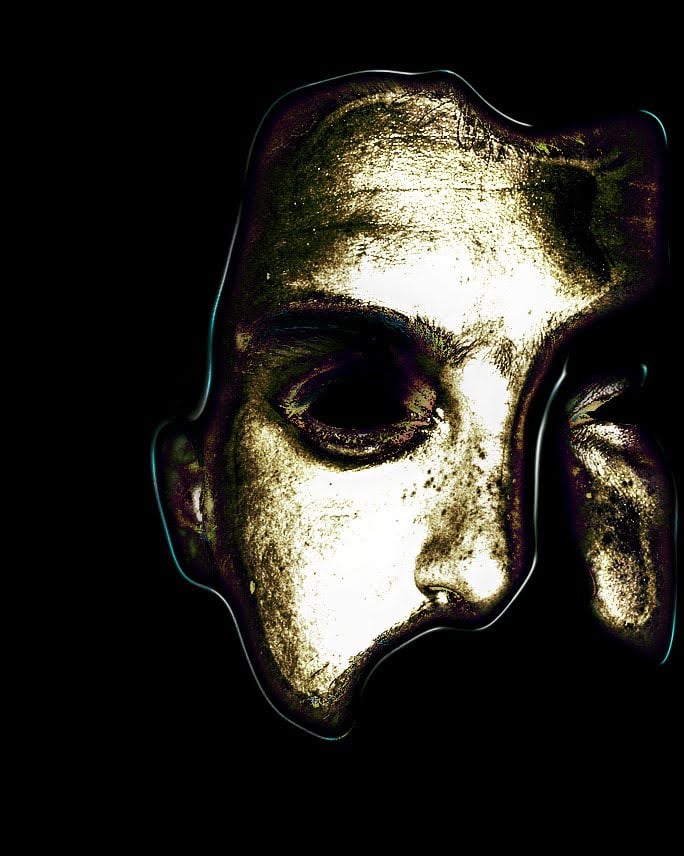If I stop being able to buy games I’m going to stop playing new games that go down this route.
Remember,
if you participate in the subscription nonsense,
then you’re supporting such a future.If you refuse to buy subscriptions,
then you’re standing up against it :)whats that, piracy on the rise i hear?
Most games aren’t fully baked at release anymore. You’re not getting the full experience unless you play it down the line, sometimes years after release.
On top of that, you have to play games on someone else’s time, that is, their license agreement.
If I run out of steam in the middle of persona 3 reloaded, and need to take a break before I revisit it, I don’t want to have to buy it on the subscription platform again to recover my save, or have to keep the foresight that I might not beat it before it disappears.
It’s games. It’s a distraction, a joy. I shouldn’t have to manage anything else or have to pay anything I don’t want to.
Fortunately there are plenty of excellent indie titles which stay true to the original spirit of gaming. I recently got around to finally playing Outer Wilds, and can’t possibly recommend it strongly enough. Just don’t read/watch anything about it if you’re already planning to play. It’s best experienced completely blind, and has zero replayability for that reason.
Before: “I love games!”
After: “Fuck video games! 😡”
I just don’t play online games anymore because of this.
No, they’re not. They got some easy money but they’re already past the peak.
Technically, we’ve never owned our games. Even cartridges are meant to be a license to the game. This is one of the many bullshit defenses that games manufacturers use to go after people making tools to dump carts to files and people who develop emulators.
It’s the same argument used by companies against DVD or BluRay ripping.
I get that physical gave us a lot more control over our purchases than digital, and subscription services have degraded that control even further, but I’m tired of everyone framing this as an ownership issue. At best it’s an access and control issue. The whole “you’re just licensing it” problem has been present for decades.
Technically, we’ve never owned our games.
I don’t understand why people make this point. You own the physical media and you own a perpetual license to the game. It’s like saying you don’t own your car because you have to follow the traffic laws.
Well because even the physical copy is essentially just software, and current laws (in the US) give very few rights to the end-users. All console games have DRM that tries to prevent users from copying it or using it on different hardware, and it’s all bullshit. It’s all about profits and control, and what’s profitable is to get everyone to buy digital versions of games with DRM that can’t be resold, and to sell you games as a service so that you rely on the hardware provider for all your software needs. Bonus points when Microsoft or Sony releases a digital-only version of their hardware and controls the pricing for the single store from which users can buy games.
Personally, I’m not interested in renting games, but I’m not against people who are. Same with music; I’m not interested in renting my music from Spotify so I buy physical CDs and digital FLACs that are drm-free. I prefer to buy games on GOG.com because they are drm-free. My big gripe is with digital libraries that a company can decide to change or take away from you at any time, or otherwise lock you out of. Hell, with a single firmware update console makers can even ban physical copies from working if they wanted to. It’s like Nintendo coming into my house and stealing or smashing all my Switch cartridges, and saying they are allowed to because of the EULA I agreed to.
All console games have DRM that tries to prevent users from copying it or using it on different hardware
I don’t like DRM either, but this misses the point about ownership. For example, if a law says your house may not have more than two people living in it, you can still own it, even if you don’t like the limitations that it has.
Games on steam are the same really, once you buy them you own a perpetual license to play them and once you download them on your physical device, they are there forever, unless you delete them. If you think about it, not downloading them and then complaining they are gone is kind of on the user, since physical disks and cartridges offer less access to games since they are gone if you lose them, but you can download a game from the portal again.
If they delete any game I care about I won’t have issues because the downloaded version is stored in my HDD. That is my disk space that I own and I hold the perpetual license to play that game, it’s the same as a physical game.
Because the point is correct.
It’s incorrect in the sense that the statement implies that there is a kind of ownership distinct from owning a license that is denied to users. But this isn’t possible. The only way to own intellectual property (games, books, music) is to have a license to it.
When I was a kid, most of my games were rented from the video rental store. I got a lot less time with them, and the value for my money was a lot worse than it is today. For less than the price of a few days of game rentals, I can subscribe to PC Game pass for a month. And play many different games. And money is worth a lot less today than it was back then.






